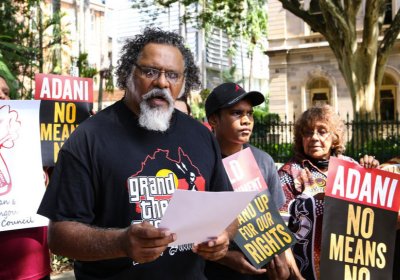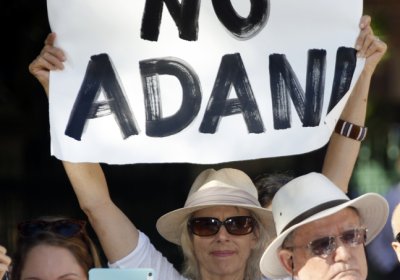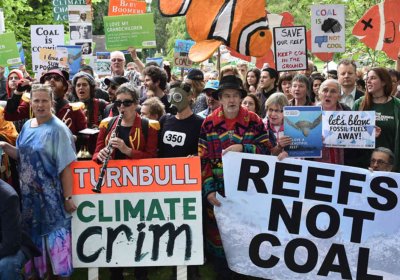As the celebrations marking 25 years of the Mabo decision died down, the Native Title Amendment (Indigenous Land Use Agreements) Bill 2017 quietly passed in the Senate on June 14, with the only opposition coming from the Greens.
The amending legislation effectively negates the Federal Court ruling of February 2 that all native title claimants had to sign off on an indigenous land use agreement (ILUA) for it to be registered.











